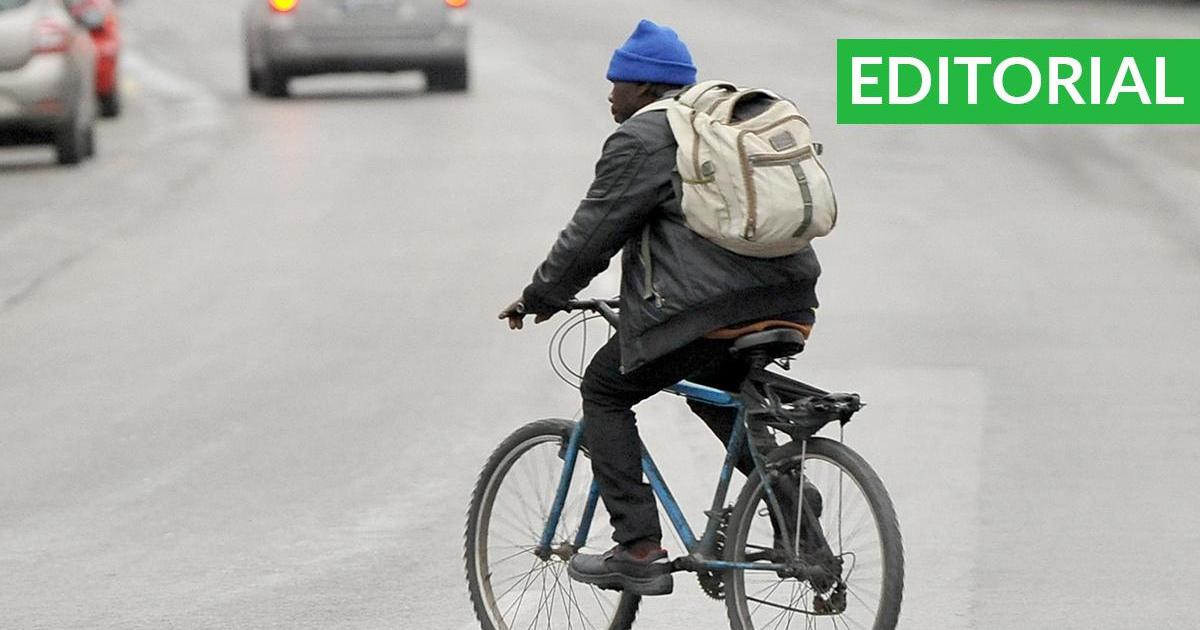To be fired before receiving a paycheck is not just unfair – it is exploitation. To learn that the taxes you believed were funding your healthcare and security were instead stolen by your employer is more than betrayal – it is abuse.
These are not just bureaucratic mishaps or misunderstandings. They are violations of fundamental human rights.
And, yet, too often in Malta such cases are dismissed as ‘migration issues’. They are not. They are matters of labour law, fairness and human dignity.
This was the central message delivered last week by Katrine Camilleri, head of Jesuit Refugee Service (JRS) Malta, at the launch of Forced to Hide: The Human Cost of Legal Precarity and Labour.
The research included interviews with migrants of varied statuses – third-country nationals on single work permits, asylum seekers, rejected asylum seekers and undocumented workers.
It laid bare the realities faced by migrant workers who live in the shadow of legal uncertainty.
The stories collected by JRS are both troubling – yet predictable. Migrants reported being paid late or not at all, dismissed after working ‘trial shifts’, underpaid, denied breaks and pressured into skipping leave or sick days out of fear of losing their jobs. Others described unsafe working conditions.
For some, these problems began the moment they were released from detention. Finding legal work was next to impossible, with bureaucratic hurdles and vague rules about permits creating constant uncertainty. Bank accounts were difficult to open and wages often came in cash.
Social barriers deepened the isolation. Migrants spoke of racism, discrimination and bullying. Many felt they were seen only as ‘workers’ and not as people.
They spoke about how, once they could no longer work – whether due to illness, employer negligence or permit issues (some of which are brought about by legal limbos) – they often slipped into undocumented status.
With no documents came constant fear.
Yet, the irony is that Malta’s economy remains heavily reliant on migrant workers. So, as one migrant interviewed put it: “Malta needs workers, so why not me?”
One of the report’s most urgent recommendations is the reintroduction of the Specific Residence Authorisation (SRA). Introduced in 2018, it offered rejected asylum seekers who had worked in Malta for at least five years a pathway to regularise their stay.
But, in 2020, the government closed the door to new applications.
The result, JRS said, has been a widening gap between Malta’s reliance on migrant labour and its unwillingness to provide legal certainty to those very workers.
Camilleri was blunt: migrants are trapped at the intersection of immigration rules and the patchy enforcement of labour protections. This, she argued, creates a “human rights vacuum where exploitation is tolerated and profitable”. Employers benefit from a system that makes workers too scared to report abuse, while public discourse continues to frame the issue as one of border control rather than worker rights.
This framing is both misleading and dangerous. Exploitation is not an inevitable byproduct of migration – it is the result of choices and policies.
The government has introduced new policies in recent months that may ease some of the pressures but the road ahead is long.
Malta must decide whether it will continue to tolerate a system that leaves people in limbo, stripped of dignity, or whether it will build clear, humane pathways to regularisation and enforcement of labour protections.
Vigilance at the border is one thing. But once a person is here – once they are working, paying taxes, raising families – they must be treated as human beings, not as paperwork problems.
